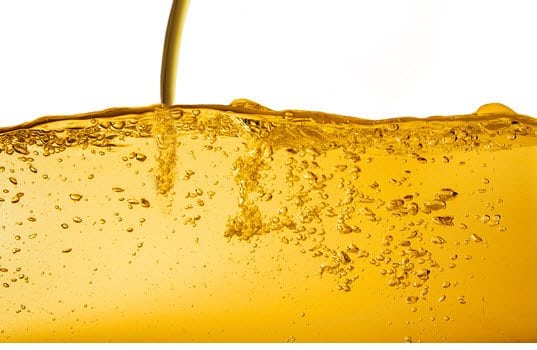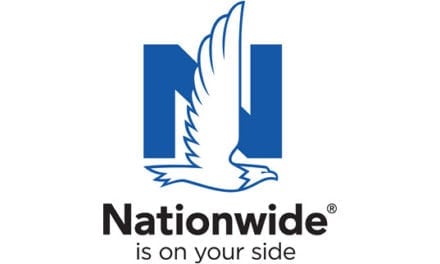By Kate Mansker
Ethanol has a new best friend, an ally in protection from its long-standing corrosion association. And with that, maintenance and reliability professionals of ethanol systems have a new best friend, too. There has been much focus on controlling contributing factors to mitigate corrosion in fuel grade ethanol systems: eliminating water, keeping microbe activity low and reducing aeration. Mechanically, the corrosion-related failures at stress-loaded points in fuel ethanol supply chain have been found to be different from the usual delaminating mechanism. At points of high or variable stress, significant sub-surface crack propagation has been identified and is uncharacteristic of typical pitting and flaking with corroded surfaces. This failure phenomenon is called stress corrosion cracking (SCC) as recognized and documented in API report 939D (second edition issued 2007).
Structural and metallurgical reinforcement may be possible in some cases but may not be feasible system-wide. Corrosion failures are costly, lead to down time and potentially loss of product. Maintenance and reliability experts have long looked to the chemical industry to bolster their efforts to reduce mechanical failures. Isn’t there something that can be added to ethanol to address this? Absolutely.
A chemical additive solution has been found to be effective at preventing SCC and halting existing cracks from additional propagation as measured by Slow Strain Rate (SSR) Testing. This method evaluates a couple of parameters of failed metallurgical specimen; the time to failure and the surface area of the breakage site. Traditional superficial corrosion test methods do not adequately assess the SCC response since stress is not applied. Additive solutions successful in slow strain rate evaluation will take longer to fail than a given baseline and will have low surface area at the site of failure. This and other similar methods can have modifications including specimen material and analysis chamber environment to simulate the conditions of the application.
MidContinental Chemical Company, Inc. (MCC) has pioneered chemical additive technology for the SCC-free transferring, handling and storage of fuel ethanol. This technology was developed diligently around the performance of slow strain rate testing and field-tested for proven efficacy.
MCC offers the SCC-preventing ethanol-soluble additive as a solution engineered for the specific application in mind. This includes but is not limited to fuel ethanol storage tanks, blending vessels, pipelines and rack piping of any given dimensions. This proprietary technology protects metal surfaces under high stress, variable stress or low stress scenarios. Just as traditional laboratory corrosion testing does not address the stress factor of SCC prevention, conventional non-destructive corrosion testing in the field may not detect existing fine hairline cracks of SCC. MCC’s additive solution has shown to stop crack propagation from further growth. Depending on the fuel ethanol system, in-line monitoring by stressed metal coupons also indicate the effectiveness of an additive solution to SCC as well as wet fluorescent magnetic particle inspection.
MidContinental Chemical (MCC) is a fuel and lube additive manufacturer and distributor with decades of experience developing customer solutions. Our responsive and cost-effective additive products and programs can be delivered virtually anywhere in the United States and Canada. We welcome the opportunity to help you realize costs savings, deliver differentiated products to your customers and achieve improved financial performance.
 Kate Mansker is a chemical engineer at MidContinental Chemical Company and has been with the company since 2009. She has worked in the technical department on additives for both fuel and lubricants as well as specialty applications. She has over 8 years experience in energy processing systems and chemical technology.
Kate Mansker is a chemical engineer at MidContinental Chemical Company and has been with the company since 2009. She has worked in the technical department on additives for both fuel and lubricants as well as specialty applications. She has over 8 years experience in energy processing systems and chemical technology.








